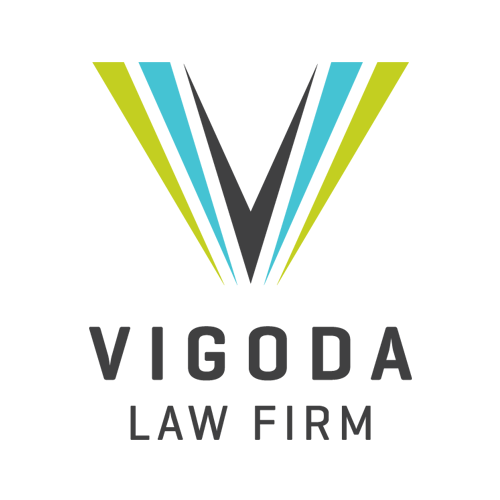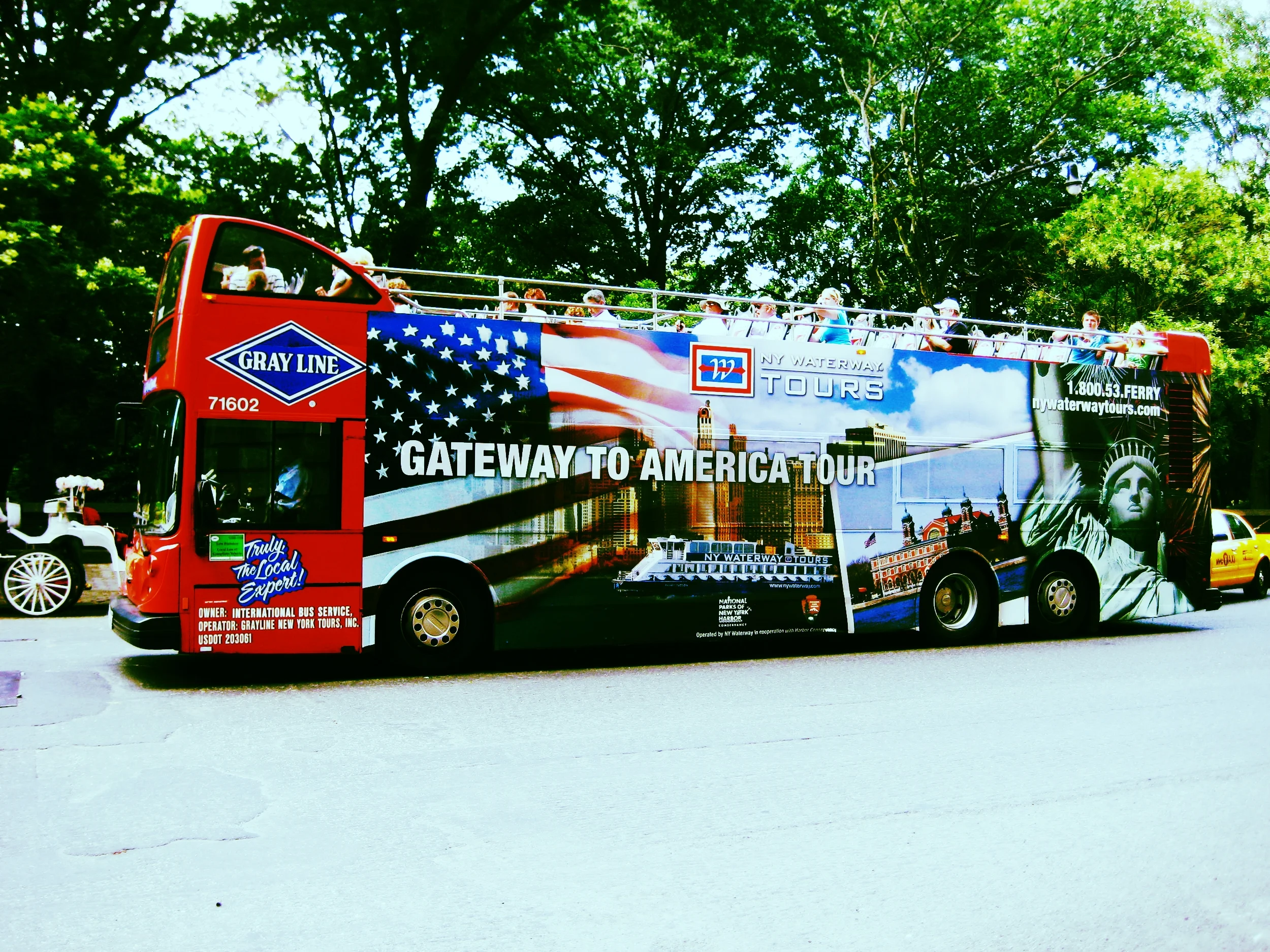Temporary Visas
Those who wish to come to the United States temporarily are faced with an “alphabet soup” of visa options.
There are dozens of temporary visas, which are formally known as nonimmigrant visas because they do not provide a route for permanent immigration to the US. Rather, these visas allow a person to visit the US for a limited time and limited purpose.
To remain in lawful status, the visitor must stay in the United States only for the permitted time and purpose. But, of course, personal circumstances can change unexpectedly. If that happens, it may be possible to extend your status, change to another nonimmigrant status, or even apply for a Green Card.
Some nonimmigrant visas require a US employer or sponsor to file a preliminary petition or application to the US government before the foreign national can apply for the actual visa at their US embassy or consulate. Other nonimmigrant visas permit the foreign national to initiate the application himself or herself. Most nonimmigrant visa applications require proof that the foreign national will return to his or her home country at the end of his or her authorized stay.
The most commonly used nonimmigrant visas are below.
The Visa Waiver Program is not a visa at all, but an opportunity for tourists and business visitors from certain countries to visit the United States for up to 90 days without a visa. A list of the participating countries, as well as requirements and limitations of the Visa Waiver Program, is on the US Department of State website.
The B-1 visa allows visitors to come to the United States for up to six months to engage in temporary, clearly-defined business-related activities, such as conferences, meetings, and trainings.
The B-2 visa, which is by far the most commonly used nonimmigrant visa, is for those coming to the United States for tourism, vacation, and visiting friends or relatives, as well as other short-term, defined, personal purposes such as medical treatment or taking a course for fun. B-2 visitors may also be allowed to stay in the United States for up to six months. The B-1 and B-2 visas may be combined if the traveler has a mix of purposes, but again, the plan must be clearly defined.
The E-1 and E-2 visas are for traders and investors coming to the United States under a treaty of commerce and navigation between the United States and their home country.
The F-1 visa is for students coming to the United States to study full-time at an approved academic institution.
The H-1B visa is for workers in “specialty occupations.” The job must require “the theoretical and practical application of a body of highly specialized knowledge” and at least a bachelor’s degree or its equivalent for entry into that particular field. There is an annual quota of 65,000 H-1B visas per year, plus 20,000 visas for workers with a US master’s degree or higher. Additionally, a few special H-1B sub-categories exist that are not subject to any quota.
The H-2A visa is for temporary or seasonal agricultural workers and the H-2B visa is for temporary non-agricultural workers. Both visas require the employer to prove to the government that there are no capable US workers available to fill the position. There is an annual quota of 66,000 H-2B visas.
The H-3 visa is for visitors who are invited by a US individual or organization to receive training that is not available in the foreign national’s home country but will ultimately help the foreign national perform work outside the United States. The training can be in any field except graduate medical training.
The J-1 visa is for visitors participating in exchange programs approved by the US Department of State. These programs are designed to promote the interchange of persons, knowledge, and skills in the fields of education, arts, and science. A J-1 exchange visitor may be a student, trainee, researcher, professor, lecturer, consultant, doctor, camp counselor, au pair, or a participant in a summer work and travel program.
The L visa is for intracompany transferees who have been continuously employed abroad by the parent, branch, affiliate, or subsidiary of a US company for at least one out of the last three years. L-1A visa holders are executives and managers, while L-1B visa holders are employees with specialized knowledge.
The M-1 visa is for students coming to the United States to study full-time in an approved vocational or other non-academic program.
The O visa is for individuals who have shown extraordinary ability or achievement in a certain field and are coming to the United States to work in that field. O-1A visa holders must demonstrate extraordinary ability in the sciences, arts, education, business, or athletics through sustained national or international acclaim. O-1B visa holders must demonstrate a record of extraordinary achievement in the film or television industry.
The P-1 visa is for internationally recognized athletes and group entertainers coming to the United States for a particular competition, event, or performance. The P-2 visa is for artists and entertainers performing in the United States under a reciprocal exchange program. The P-3 visa is for artists and entertainers who seek to perform, teach, or coach in a “culturally unique” program.
The I visa is for individuals working in foreign press, radio, film, or other foreign media.
The Q visa is for visitors taking part in an approved international cultural exchange program to provide practical training and employment and to share the history, culture, and traditions of the foreign national’s home country.
The R visa is for religious workers.
The K-1 visa is for fiancé(e)s of US citizens. More information on the K-1 visa is available here.
The K-3 visa is for spouses of US citizens who are the beneficiaries of alien relative petitions (I-130s). The visa was intended to speed up the reunification of spouses when I-130 processing times stretched out for years. Nowadays, however, I-130 processing times are much faster, and the K-3 visa is not of great practical use.
The TN visa is for Canadian and Mexican professionals, such as engineers, lawyers, teachers, accountants, and scientists, seeking to work in the United States.
"Hannah is a true gift."
“She helped my husband and I through the entire immigration process before our wedding. Hannah is extremely professional but equally personable, qualities that were so valued during this stressful time.”
— J.T.
"She was very thorough."
“My employer sent me to the USA to gain experience in the US market. Hannah did a great job setting up all the documents that were necessary for the authorities to grant me a visa. I can recommend her without reservation.”
— S.K.
"I wouldn't do it without her."
“Hannah is a very professional and experienced immigration lawyer. Her passion for helping people reflects in every case she handles. She pays close attention to details, which was important in my application. I was very fortunate to have found her.”
— M.W.
Contact us for more information.
Vigoda Law Firm, 5 W. Hargett Street, Suite 700, Raleigh, NC 27601 Tel: 919.307.7817 Email: info@vigodalaw.com

